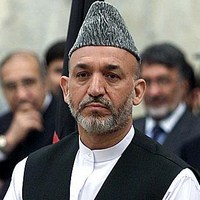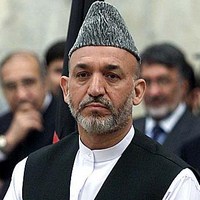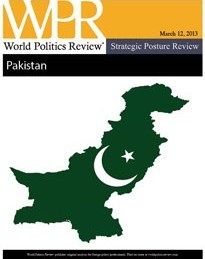
The recent 10th anniversary of the U.S. invasion of Iraq sparked a flurry of attention. Op-eds, blogs, conferences and panels of all sorts sprouted, most dealing with the “lessons” the United States should draw from its initial decision to invade and subsequent long involvement in the country. As the lesson fest subsides, attention is shifting to Iraq’s current security predicament and its relationship with the United States. Unfortunately, it is not a pretty picture. With war raging in neighboring Syria and the Shiite-dominated regime in Baghdad continuing to exclude Sunni Arabs as much as possible, al-Qaida is on the rebound […]



